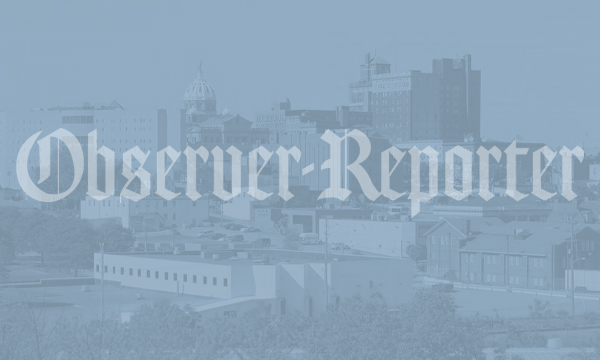After struggling to reach the pre-pandemic passenger counts of 2019 in 2024, the Allegheny County Airport Authority agreed to a $600,000 subsidy for low-cost carrier Frontier Airlines to fly out of Pittsburgh International Airport (PIT). Separately, the state announced a $2 million grant to the county for air transportation improvement.
In return, Frontier committed to adding four new destinations to the existing destinations of Denver and Orlando. They were Atlanta, Dallas-Fort Worth, Philadelphia and Raleigh-Durham. And in the same time frame, the Airport Authority also arranged a subsidy package with Icelandair for overseas flights.
But all did not go well, at least with Frontier, as Jake Haulk, president-emeritus of the Allegheny Institute for Public Policy, reminds.
“Frontier has recently announced a cessation of flights from PIT to both Dallas-Fort Worth and Raleigh-Durham,” he notes. “The new flights to Philadelphia and Atlanta have been retained. But as the 2024 subsidy has not been renewed, whether those two routes will remain viable is a question.”
Frontier has a pattern of adding routes at airports and if they are not profitable, suspending them. Recently, Cincinnati was hard hit with a loss of seven destinations, Cleveland is losing six, while Raleigh-Durham has seen nine routes suspended.
Haulk says airlines with low passenger fares almost always operate very thin margins between expenses and revenues. Bankruptcies occur frequently as the recent Spirit Airlines filing shows, he adds. How that will impact Frontier at PIT remains to be seen.
When a subsidy is given to an airline, it is also a subsidy to passengers who might not otherwise travel due to the high cost of tickets, or the destination was not served by the air carrier. In short, Haulk says, in an effort to increase passenger traffic to demonstrate its role in the economy and justify taxpayer financial support, the Airport Authority subsidizes local air travel by subsidizing flights.
“But other than the payroll of any additional airline employment or gate fees, how does the region benefit from subsidizing passengers traveling away from Pittsburgh to other parts of the country where they will spend money they likely would have spent at home?” the think tank scholar asks.
“The tell-tale negative in this picture is that none of the airports in the destination cities Frontier flies to from PIT offer Frontier any subsidies. In short, they are not helping their area residents fly to PIT by subsidizing the carrier,” Haulk stresses.
“Therefore, the much ballyhooed $72 million economic benefit to the Pittsburgh region is likely far overstated,” he says. “Subsidizing locals to leave the region for vacation or business when destination airports are not subsidizing their citizens to travel to Pittsburgh is hardly a net positive for the region.”
That conclusion is writ large by the subsidy PIT gives to British Airways (BA) whereby locals can fly to London, and return, without having to make connections.
“The only way the subsidy makes sense is if large numbers of foreign visitors are on the return flights and are contributing to the local economy while in the region,” Haulk says. “PIT has never released the numbers of foreigners arriving on the flights from London. Why not?”
Perhaps because those numbers are negligible?
The bottom line is that subsidies tend to beget subsidies and that produces public policies that are detrimental.
“Just look at the failures of subsides to WOW Airlines, Condor and OneJet in recent years,” Haulk reminds. “They were not able to develop sustainable nonsubsidized travel. The private-sector subsidy to Delta flights to Paris worked well but ended when the Airport Authority subsidized British Airways.”
Haulk reminds that in very large markets with major hubbing activity, and in areas with strong growth in employment and population, they typically do not need to offer subsidies (although Nashville did provide British Airways with one).
But he says there are major reasons for airports to not provide subsidies to airlines:
“One, subsidies beget subsidies. Two, they create unfair competition for other carriers. And, three, they do not produce the economic benefits they are touted to do.
“Reliance on subsidies to generate passenger growth signals a recognition of a lack of economic and population gains,” Haulk concludes.
Colin McNickle is communications and marketing director at the Allegheny Institute for Public Policy (cmcnickle@alleghenyinstitute.org).

